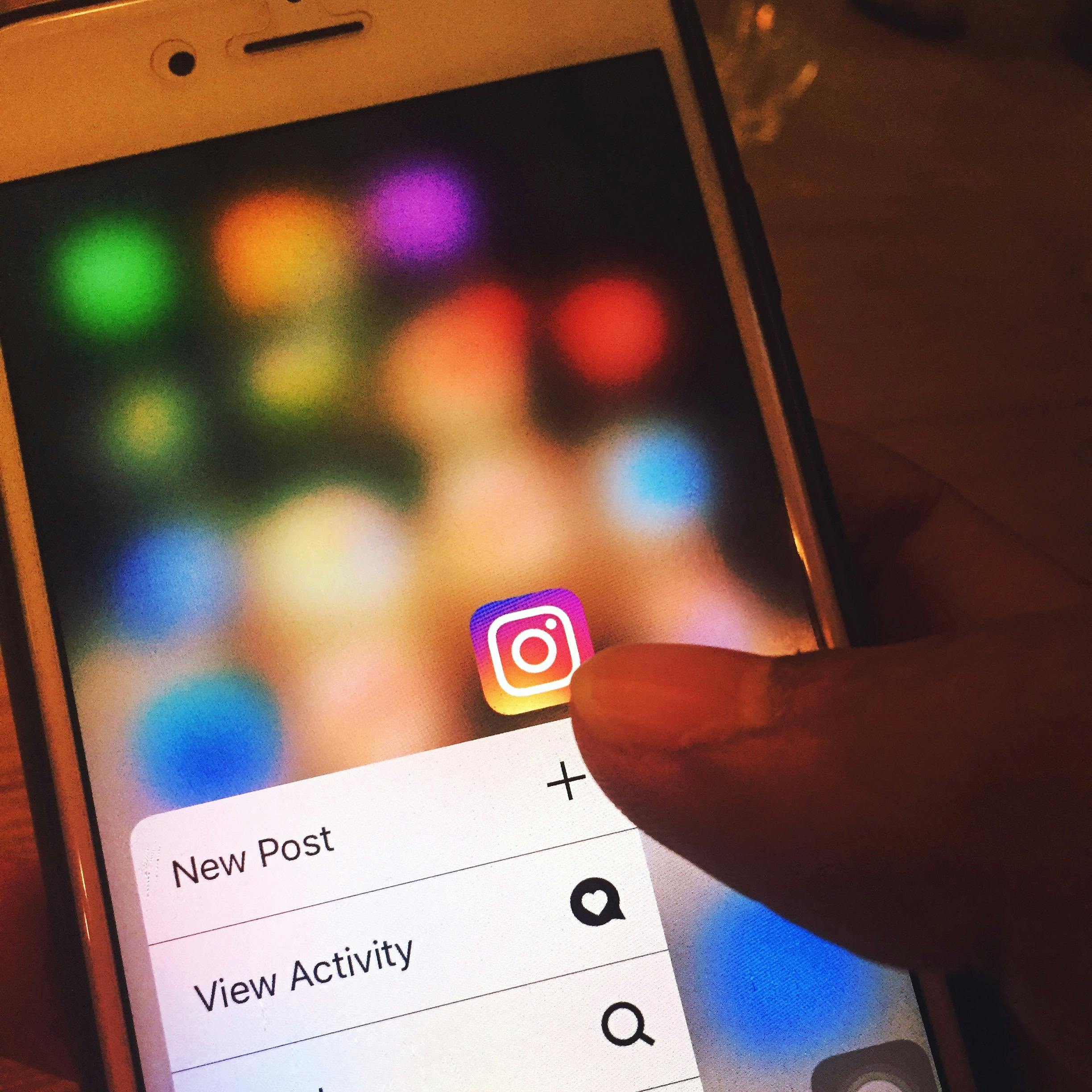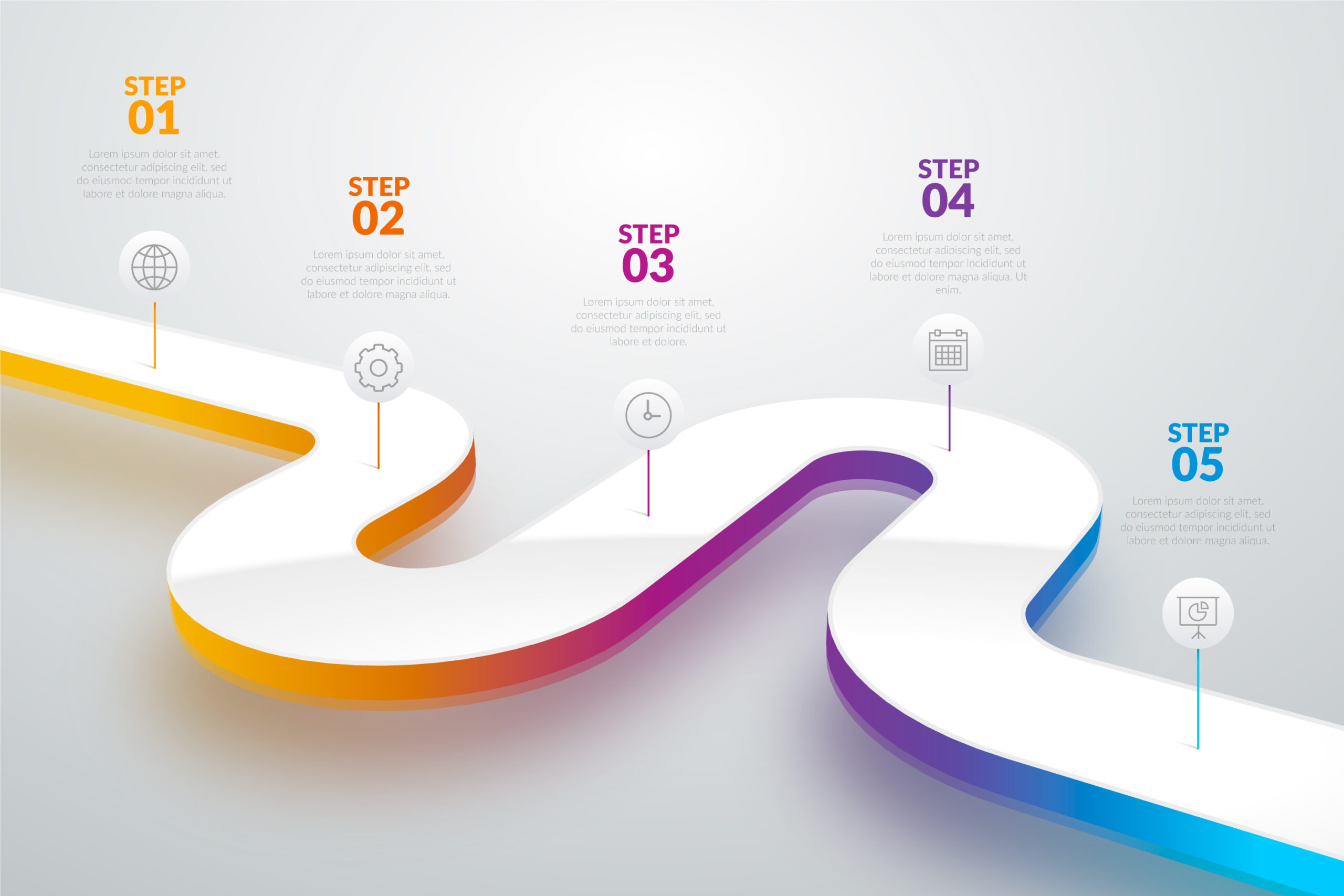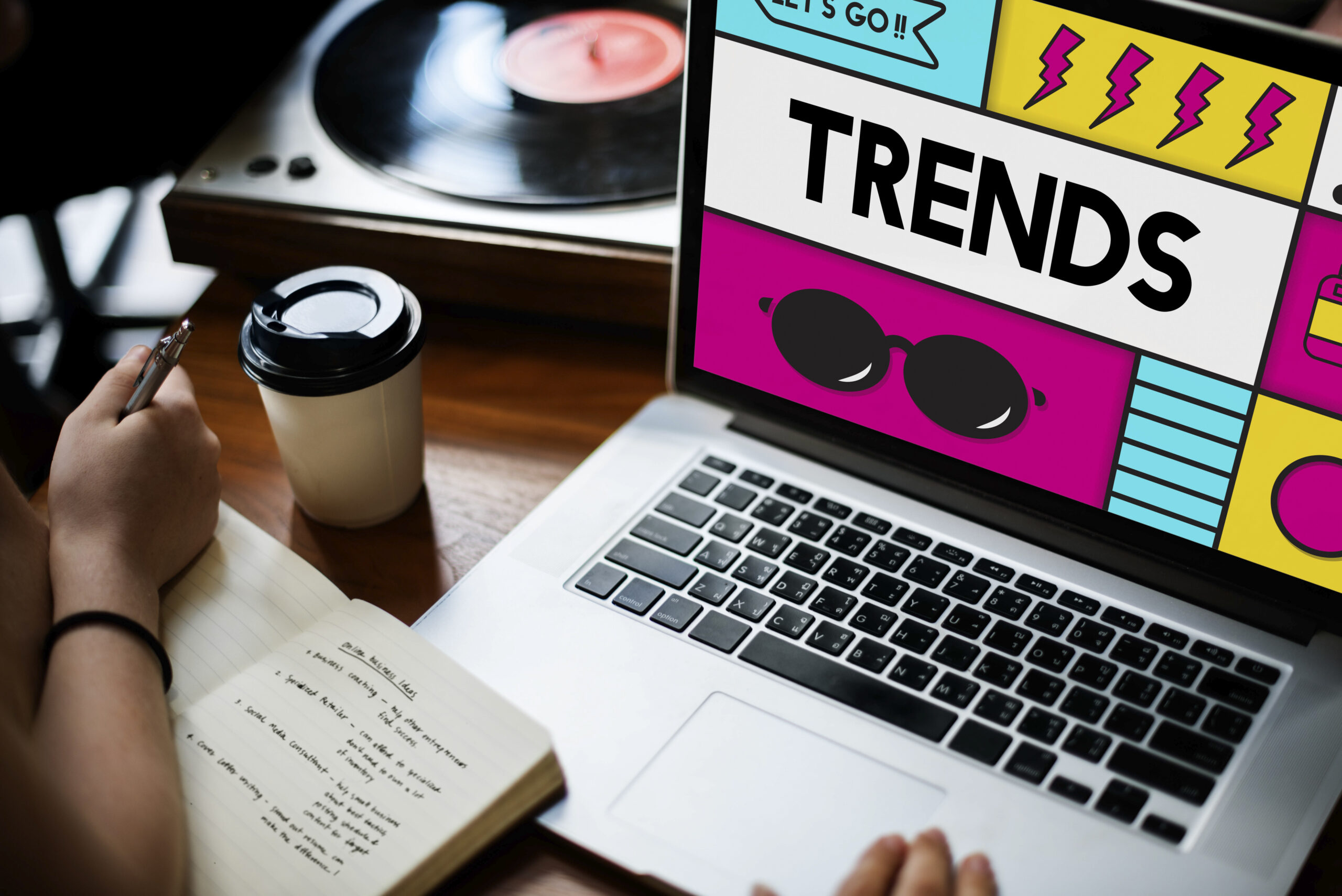AI is a tool, not a replacement for human creativity, as it improves efficiency while people drive marketing strategy and emotion. Businesses today integrate AI-driven marketing tools to analyze data, automate tasks, and personalize customer interactions. While AI plays a valuable role in streamlining marketing processes, it cannot replace human creativity, which remains essential for originality, brand storytelling, and emotional engagement. The most successful marketing strategies combine AI’s efficiency with human-led creative strategy, ensuring campaigns resonate with audiences on a deeper level.
AI’s Strengths in Marketing
AI marketing offers several advantages, primarily in data analysis, automation, and personalized experiences. These capabilities allow businesses to refine marketing strategies and maximize efficiency.
1. AI Delivers Data-Driven Insights
AI processes vast amounts of data, identifying patterns that help marketers make informed decisions.
- AI tools track customer interactions, predicting future behaviors.
- Sentiment analysis gauges audience reactions to campaigns.
- Predictive analytics help brands refine strategies based on emerging trends.
While AI provides valuable insights, human marketers must interpret and apply the data effectively. A strategy built solely on AI-generated data may lack the creative flexibility needed for meaningful engagement.
2. AI Enables Personalization at Scale
Modern consumers expect brands to deliver personalized experiences. AI-driven marketing tools make large-scale personalization possible.
- AI analyzes customer preferences to generate tailored recommendations.
- Email marketing platforms use AI to craft personalized subject lines and messaging.
- AI-powered chatbots provide instant customer support based on previous interactions.
Despite these advantages, personalization requires human oversight to maintain brand voice, authenticity, and emotional warmth.
3. AI Automates Repetitive Marketing Tasks
AI marketing automation reduces the workload of routine tasks, allowing marketers to focus on high-level strategy.
- AI optimizes ad placements for better targeting.
- Automated content scheduling ensures social media consistency.
- A/B testing platforms analyze campaign performance, refining messaging based on real-time data.
Although automation boosts efficiency, marketing teams must maintain control over messaging, ensuring content aligns with business objectives.
The Irreplaceable Role of Human Creativity
AI supports marketing execution, but human creativity remains the driving force behind effective campaigns. Creativity ensures originality, emotional connection, and ethical responsibility in marketing efforts.
1. Storytelling Builds Stronger Connections
AI can analyze data, but it cannot create compelling brand stories that resonate emotionally with audiences.
- Emotional narratives foster loyalty and trust.
- Successful campaigns evoke joy, excitement, or empathy—elements AI cannot replicate.
- Storytelling bridges the gap between data-driven insights and customer relationships.
Brands that rely solely on AI-generated content risk sounding robotic and impersonal. Human-led creative strategy ensures messaging remains engaging and relatable.
2. Originality Differentiates Brands
AI-driven marketing relies on existing patterns, making it difficult to generate truly original ideas. Human creativity, on the other hand, thrives on breaking norms and thinking beyond traditional marketing trends.
- Marketers experiment with new formats, visuals, and storytelling techniques.
- Fresh ideas emerge from brainstorming sessions, not AI-generated templates.
- Unique branding requires a human touch to stand out in competitive markets.
AI enhances execution, but the creative vision that shapes a brand’s identity remains a human responsibility.
3. Ethical Marketing Requires Human Judgment
AI lacks the ethical awareness necessary for culturally sensitive marketing. Without human oversight, brands risk publishing content that may be inappropriate, biased, or misinterpreted.
- AI-generated campaigns may unintentionally reinforce stereotypes.
- Human marketers assess the impact of messaging on different audiences.
- Ethical marketing decisions require critical thinking and social awareness.
While AI contributes to efficiency, human responsibility is essential for maintaining brand integrity and trust.
The Future: AI and Human Creativity Working Together
Rather than viewing AI as a replacement for human marketers, businesses should use AI as a tool that enhances creativity and strategy. A balanced approach leads to more effective campaigns.
1. AI Supports Human Creativity, Not the Other Way Around
AI streamlines processes, but humans drive brand identity and messaging.
- Marketers use AI insights to refine creative strategies.
- AI automates time-consuming tasks, freeing up creative teams for innovation.
- Human oversight ensures content maintains emotional depth and authenticity.
The best marketing strategies leverage AI to complement human-led creative direction.
2. Human Adaptability Keeps Marketing Relevant
AI detects trends, but human intuition determines their relevance and impact.
- Marketing trends evolve, requiring adaptability beyond AI-driven insights.
- Human decision-making ensures content remains culturally and contextually appropriate.
- Strategic thinking allows marketers to pivot when AI-generated recommendations fall short.
A combination of AI-powered analytics and human expertise ensures brands stay ahead in an ever-changing digital landscape.
3. AI Enhances, But Doesn’t Replace, Customer Engagement
Consumers value authenticity, and genuine interactions require a human touch.
- AI assists with customer service, but human representatives build real relationships.
- Personalized content should feel natural, not mechanically generated.
- Brand trust is established through emotional connections, not algorithms alone.
Businesses that integrate AI while preserving human creativity achieve a balance between efficiency and meaningful engagement.
Conclusion
AI marketing is a tool that enhances efficiency, but it cannot replace human creativity. While AI-driven marketing streamlines processes, improves targeting, and personalizes experiences, it lacks originality, emotional intelligence, and ethical judgment. The most effective marketing strategies blend AI capabilities with human-led storytelling and creative strategy. By using AI as a supportive tool rather than a replacement, brands can achieve efficiency while maintaining authenticity and emotional resonance with their audience.













